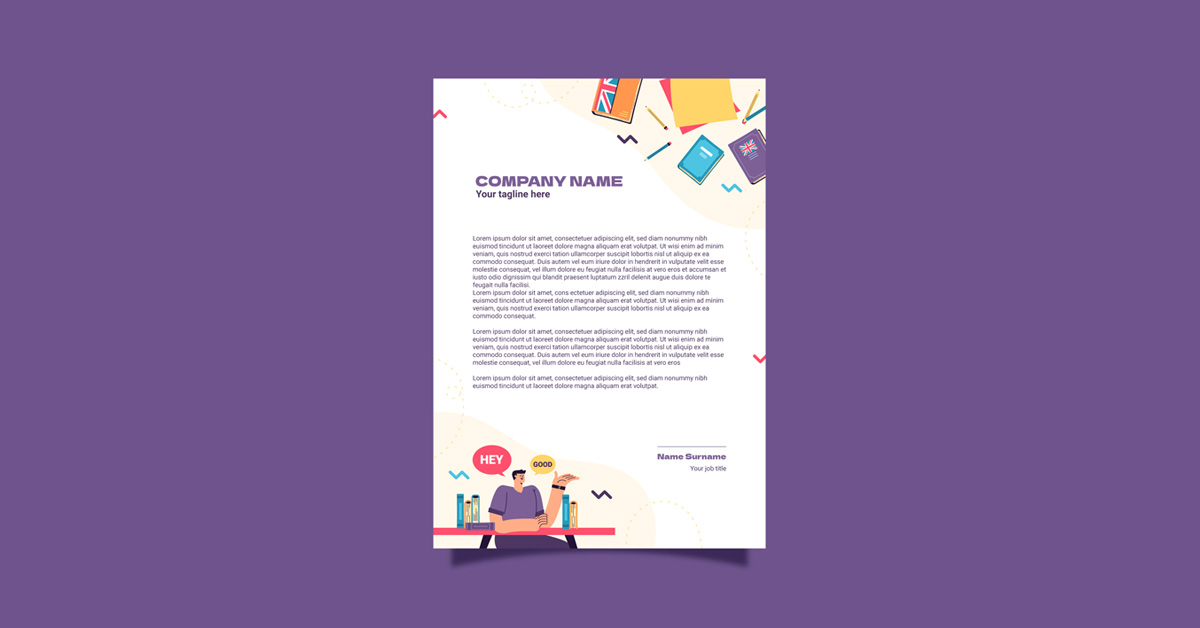A well-crafted cover letter can make a significant difference in your job application process. It’s your chance to showcase your personality, highlight your qualifications, and explain why you’re the perfect fit for the job. To help you create a compelling cover letter, we’ve compiled a list of downloadable templates that will make your application stand out.
1. The Importance of a Strong Cover Letter
A cover letter is more than just a formality; it’s an opportunity to:
- Introduce Yourself: Provide a brief overview of who you are and what you bring to the table.
- Highlight Key Achievements: Emphasize your most relevant experiences and accomplishments.
- Showcase Your Fit: Explain why you’re specifically interested in the position and how you can contribute to the company.
2. Key Elements of an Effective Cover Letter
An effective cover letter should include the following elements:
- Contact Information: Include your name, address, phone number, and email at the top.
- Greeting: Address the hiring manager by name whenever possible.
- Introduction: Start with a strong opening that grabs attention.
- Body: Highlight your relevant skills, experiences, and achievements.
- Conclusion: Close with a strong statement and a call to action, such as requesting an interview.
- Signature: Sign off professionally with your name and contact information.
3. Downloadable Cover Letter Templates
To make the process easier, we’ve curated a selection of cover letter templates that you can download and customize:
a. Classic Cover Letter Template
- Ideal For: Traditional industries such as finance, law, and education.
- Features: Professional design, clear structure, and formal tone.
- Download Link: Download Classic Cover Letter Template
b. Modern Cover Letter Template
- Ideal For: Creative industries such as marketing, design, and media.
- Features: Sleek design, contemporary font, and vibrant colors.
- Download Link: Download Modern Cover Letter Template
c. Minimalist Cover Letter Template
- Ideal For: Tech industries and startups.
- Features: Clean design, minimal text, and focus on key points.
- Download Link: Download Minimalist Cover Letter Template
d. Academic Cover Letter Template
- Ideal For: Academic positions, research roles, and fellowships.
- Features: Detailed format, emphasis on research and publications, and formal tone.
- Download Link: Download Academic Cover Letter Template
4. Tips for Customizing Your Cover Letter
To ensure your cover letter stands out, customize it to fit the job you’re applying for:
- Research the Company: Tailor your content to align with the company’s values and culture.
- Use Keywords: Incorporate keywords from the job description to pass through applicant tracking systems (ATS).
- Be Concise: Keep your cover letter to one page and focus on the most relevant information.
- Proofread: Check for typos, grammatical errors, and ensure the formatting is consistent.
5. Additional Resources
For more tips and guidance on writing cover letters, check out these resources:
- How to Write a Cover Letter: Link to a comprehensive guide on cover letters
- Cover Letter Examples: Link to a collection of cover letter examples
- Cover Letter Guide by Glassdoor: Read Here
A strong cover letter can set you apart from other candidates and increase your chances of landing an interview. Use the downloadable templates provided to create a professional and compelling cover letter. Customize each template to reflect your unique qualifications and the specific job you’re applying for. With the right approach, your cover letter will help you make a memorable impression on potential employers.

